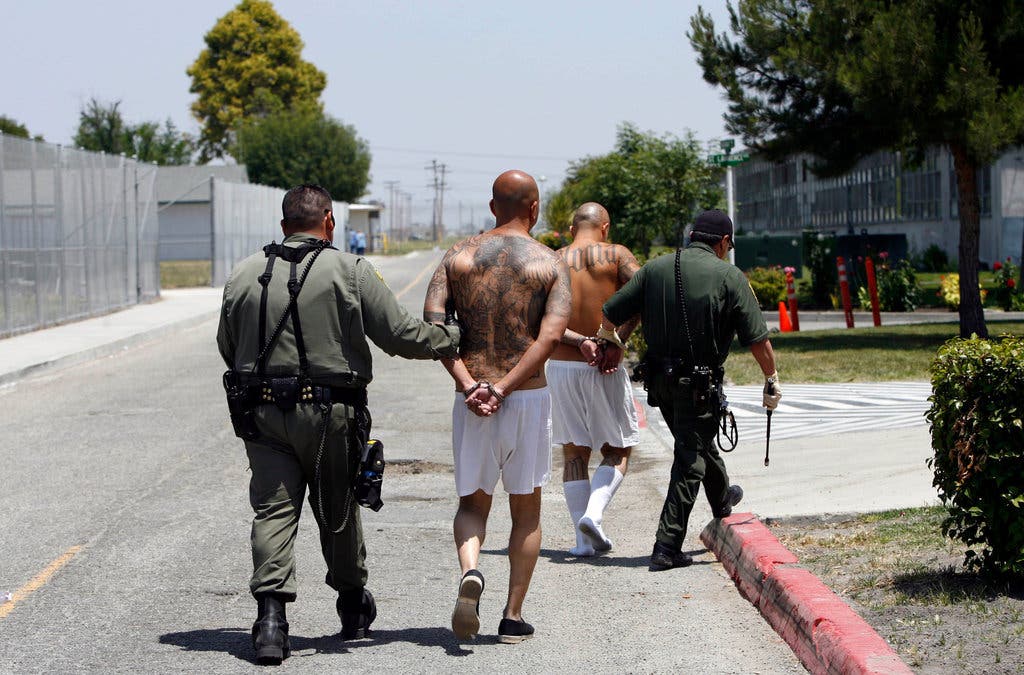In the ever-evolving landscape of California’s penal system, a significant rift has emerged. The state’s prison guards, a formidable faction within the corrections ecosystem, find themselves deeply disenchanted with the policies and governance initiated during Arnold Schwarzenegger’s tenure as governor. Their dissatisfaction is not merely rooted in personal grievances but reflects broader systemic issues that plague California’s correctional facilities.
The concerns raised by these guards stem from various measures that were perceived as undermining the efficacy and morale of law enforcement within prison environments. The infamous budget cuts to the Department of Corrections and Rehabilitation have left many facilities operating under dire conditions. As personnel stretched thin, the ability to maintain safety and security within prisons became increasingly precarious. Many guards argue that such austerity measures compromise not only their safety but also the safety of the inmates, creating a volatile environment where tensions can quickly escalate.
Moreover, Schwarzenegger’s administration pushed for reforms aimed at reducing prison overcrowding—a noble aim in isolation, yet a strategy that many guards feel was implemented haphazardly. Critics argue that the rush to release non-violent offenders resulted in a significant uptick in inmate populations in certain facilities, counteracting the very goal of alleviating overcrowding. With more inmates than space allows, guards are challenged daily to manage heightened tensions and potential violence, further aggravating their dissatisfaction.
Another layer of complexity arises from the public’s perception of prison guards. Traditionally viewed as enforcers of law and order, the guards feel they have become scapegoats for broader societal failures. Media portrayals often depict them in a negative light, focusing on tragic incidents within the prison system without adequately communicating the formidable challenges faced daily by correctional officers. This lack of public understanding exacerbates the discontent among guards, as they feel their dedication to maintaining order is overlooked.
The guards’ frustration also extends to a sense of abandonment felt from a leadership perspective. Schwarzenegger’s policies frequently favored reform over resource allocation, which left many officers feeling as though they were left to shoulder the burden of rehabilitation without adequate support. The call for fair wages, better working conditions, and enhanced resources resonates within their ranks as they struggle to navigate their roles amidst systemic challenges.
Ultimately, the dissatisfaction of California’s prison guards with Arnold Schwarzenegger is emblematic of larger societal issues facing the penal system. It reflects deeper anxieties regarding prison reform, public safety, and the treatment of those who serve on the front lines within one of society’s most challenging environments. As discussions around criminal justice reform continue to evolve, the voices of prison guards underscore the necessity for a holistic approach that acknowledges the complexities of their role and the realities of the incarcerated population.
